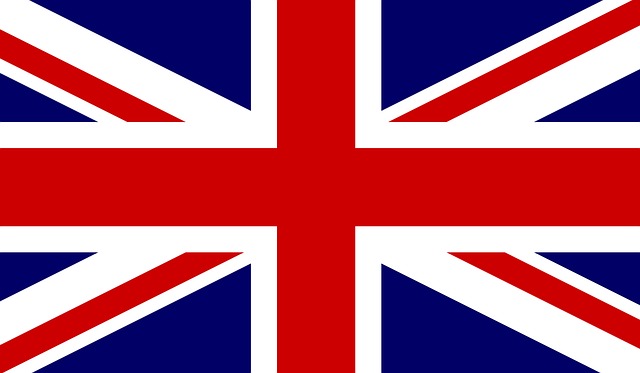Forum Categories › VAT ADMINISTRATION ISSUES › VAT – what is disaggregation?
- This topic is empty.
-
AuthorPosts
-
26 July 2018 at 14:39 #55491
Bell
MemberMy wife and I run a pub and restaurant run under an identical brand but with separate accounting practices. My wife runs the restaurant and I run the pub Each business is under VAT threshold. A friend of ours has warned that we could potentially be breaking the VAT disaggregation rules? what is disaggregation? And what is its implications?
Thank you
12 September 2018 at 13:46 #55857vatconsultant
MemberThe issue is whether the two businesses are in fact one business from a VAT perspective and have been artificially split. Without the disaggregation rules, businesses would stop trading in one company before they reach the VAT registration threshold, set up a new company and begin trading from the new company, repeating the process without ever charging VAT on their sales. The disaggregation rules are therefore important to the integrity of the VAT system. However, there are situations where businesses are genuinely independent despite close links, but HMRC claim the two businesses should be combined.
Hence it is important to understand how HMRC views disaggregation. Some of the most common reasons why HMRC will consider that businesses have been artificially separated include:
1. They have financial links, e.g. shared financial support, one business not being sustainable without support from the other, owners having common financial interest in profits;
2. They have economic links, e.g. they share customers or the activity of one business benefits the other;
3. They have organisational links, e.g. the same management or employees, premises or equipment.CASE LAW:
A recent tax case involving a barber’s shop and ladies’ hairdressers (Belcher & Belcher), illustrates how HMRC can target businesses, that it believes are connected, for suspected non-compliance. HMRC argued that these two businesses, each trading without being VAT registered, were actually connected and should be a single VAT registered entity. It wanted to charge the business owners for backdated VAT that it believed was outstanding as a result. Although the businesses shared the same trading name and premises, they were not cross charging for utilities and other services e.g. banking, insurance, purchasing account for consumables. The businesses were partnerships and filed separate tax returns. In this particular case, the owners were able to successfully argue before a tax tribunal that they were independent because they were not closely connected by financial, economic and organisational links. The case does however serve as a useful reminder of the need to be cautious when it comes to the VAT registration of different businesses owned by the same people.If you have any concerns over VAT registration we can help. Contact us.
-
AuthorPosts
- You must be logged in to reply to this topic.
